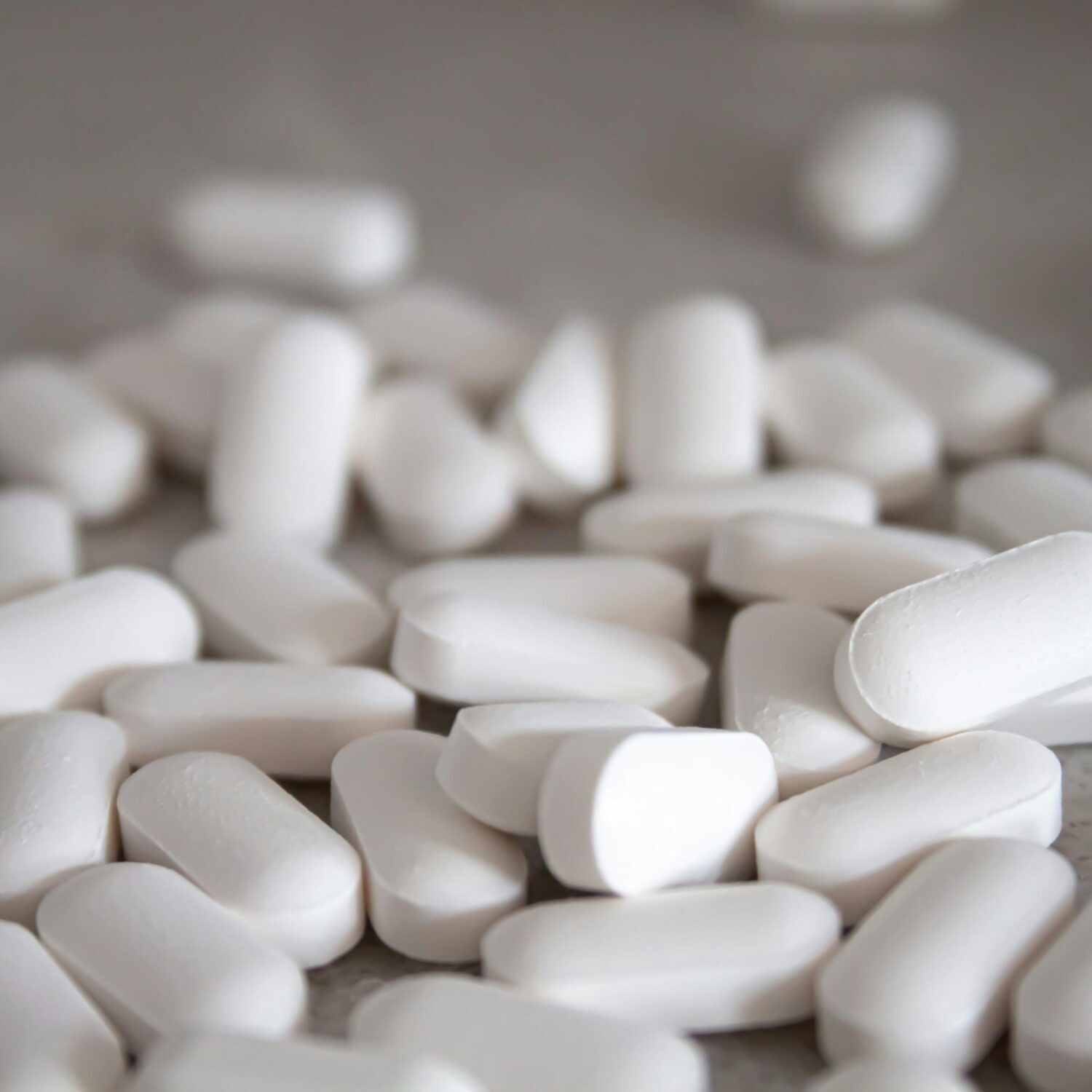How Close Are You to Cancer? The Answer Might Surprise You
Would it shock you to hear that every person has the potential to develop cancer?
It’s not fearmongering—it’s biological reality. Cancer isn’t something that strikes “other people.” It’s the result of a delicate internal battle that happens every second inside every one of us. And with modern science, we’re beginning to understand this battle in ways that could change the future of health—and maybe save lives.
Your Body: A City of 40 Trillion Cells
You are made up of about 40 trillion cells. That’s a 4 followed by 13 zeroes. To put that into perspective: imagine a single grain of rice. Now imagine building the Petronas Twin Towers—just from grains of rice. That’s what 40 trillion looks like.
Now, here’s the catch: your body regenerates 2 to 3 million cells every second. That’s millions of tiny replications happening as you read this sentence. With so much cellular turnover, isn’t it likely that at least one cell will go rogue every now and then?
Absolutely. And some of those rogue cells are the seeds of cancer.
Why We Don’t All Have Cancer—Yet
So, why aren’t we all sick? Because of your immune system. Think of it as your body’s Ministry of Defense. It’s not only fighting off viruses and bacteria—it’s also doing daily surveillance, checking for damaged or abnormal cells and destroying them before they can grow. When your immune system is strong and responsive, these “pre-cancerous” cells are caught and eliminated. But when it’s weakened, distracted, or overwhelmed? That’s when cancer can take root.
Today, cancer is less often seen as just a defect in one organ. Instead, researchers now recognize it as a failure in the immune system’s oversight.
How Cancer Grows (and Why It’s Often Silent)
Once a rogue cell escapes immune detection, it starts multiplying—fast. One becomes two. Two becomes four. Then eight, sixteen, thirty-two. This exponential growth can continue for years before it’s even detectable. It can take 5 to 10 years for a cancer to grow into a 1-gram mass—the smallest size most imaging tools like CT scans or MRIs can detect.
But here’s the alarming part: once it reaches that size, it can explode in growth. A malignant tumor can go from 1 gram to 1 kilogram in as little as six months, depending on its aggressiveness. That’s why waiting until cancer is visible on a scan can sometimes be too late for the best outcomes.
What If We Could Detect Cancer Before It Forms?
Let’s talk about “Stage Zero” and even “Stage Minus One.”
- Stage Zerorefers to the presence of circulating tumor cells (CTCs) in the blood. These are cancer cells that have left their origin point but haven’t yet formed a visible tumor.
- Stage Minus Oneis even earlier—when your white blood cells show immune markers indicating they’ve encountered cancer cells, even if no cancer cells are detectable in the body yet.
Think of it as the whisper before the shout. Detecting cancer at these stages could mean the difference between a life-changing diagnosis and a minor course correction.
How Do We Detect Cancer This Early?
There are cutting-edge diagnostic tools now capable of detecting cancer at these subtle early stages.
- 🧪RGCC Onco-D-CLare: Useful for detecting immune system responses to cancer—Stage Minus One.
- 🧬RGCC OncoTrace: Identifies circulating tumor cells—Stage Zero.
These tools allow for early, personalized, and less invasive interventions, potentially curing cancer before it even manifests as a disease.
The Future of Cancer Is in Prevention, Not Just Cure
Imagine being able to:
- Catch cancer before it spreads
- Reverse its early momentum with targeted nutrition, immune support, or therapy
- Develop personalized vaccinesfrom your own cancer stem cells
- Conduct regular surveillanceusing smart, non-invasive blood tests
That’s not science fiction. That’s the promise of RGCC technology and modern integrative oncology.
Your Key Takeaway
If you knew your body was already doing its best to keep cancer at bay, how would you treat it differently? Would you feed it better? Stress it less? Sleep more deeply? Would you take charge of your health before illness takes charge of you?
You now know cancer doesn’t happen overnight—and you may already have tools to catch it long before it becomes a disease.
This is not fear. This is empowerment.
The earlier you look, the earlier you act—and the better your chances of living well, living long, and living free from the grip of cancer.


